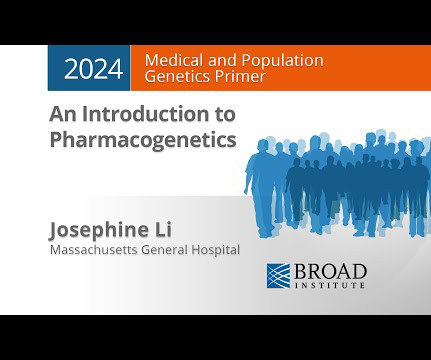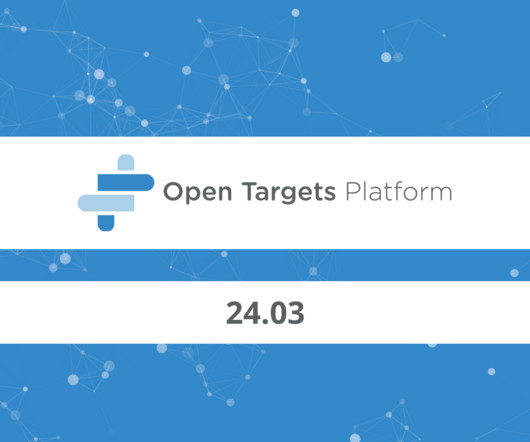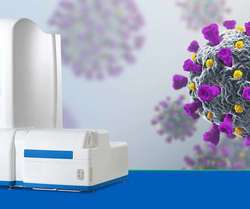Integrating pharmacogenetics data: a new lens for target prioritisation
The Open Targets Blog
MAY 9, 2024
In December 2023, we introduced the pharmacogenetics widget in the Open Targets Platform, which brings in data from PharmGKB on the influence of genetic variation on drug responses. Pharmacogenetics examines the link between genetics and drug response, helping in the prioritisation of drug targets that minimise the risk of adverse effects.















Let's personalize your content